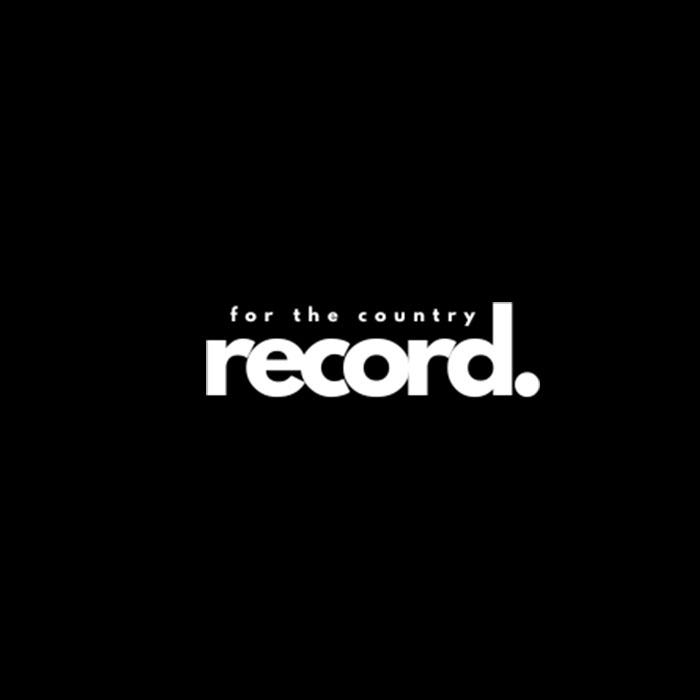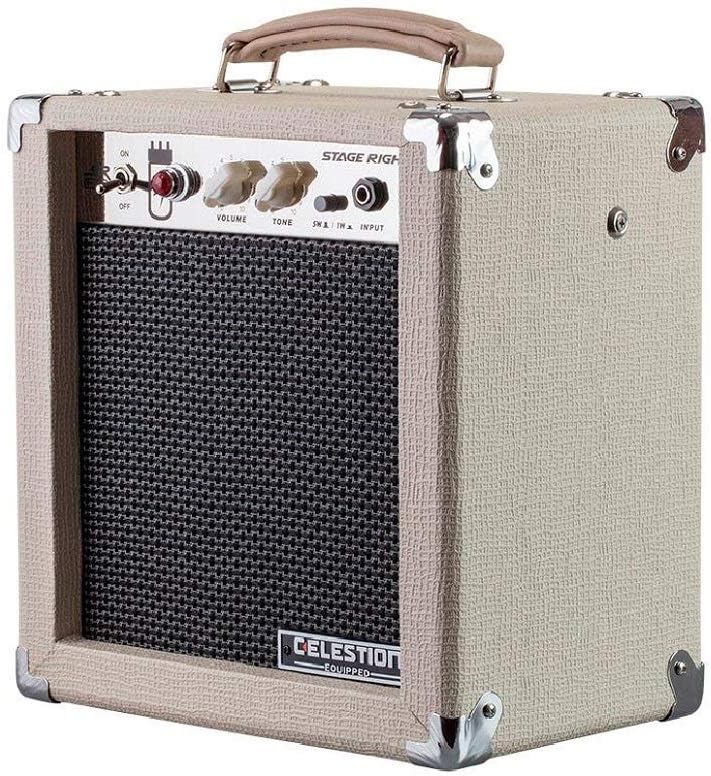Best Books on Music Theory in 2024
Music theory is an essential aspect of understanding how music works. Whether you’re a professional musician or an enthusiast, having a solid foundation in music theory can help you create, appreciate, and analyze music better. However, learning music theory can be a daunting task, especially if you’re starting from scratch. Fortunately, there are plenty of resources available, including online courses, videos, and books.
In this article, we’ll be focusing on the best books on music theory. While online resources are undoubtedly helpful, a well-written book can provide a comprehensive and structured approach to learning music theory. We’ve scoured the market and tested several books to identify the ones that stand out in terms of content, clarity, and accessibility.
When choosing a book on music theory, the critical thing to consider is the level of the material. Some books are geared towards beginners, while others are more advanced. It’s essential to choose a book that matches your current level of understanding and experience. Additionally, the book’s approach to teaching music theory is also crucial. Some books use a more theoretical and technical approach, while others are more practical and hands-on.
After extensive research and testing, we’ve identified the best books on music theory that cater to different levels of experience and learning styles. Whether you’re a beginner or an advanced musician, we’ve got you covered. In the following sections, we’ll provide an in-depth review of each book, highlighting its strengths and weaknesses.
Best Books on Music Theory
We understand that music theory can be a daunting subject for many aspiring musicians. However, having a strong foundation in music theory can greatly enhance your understanding and appreciation of music. That’s why we’ve put together a list of the best books on music theory to help you master this fascinating subject. Whether you’re a beginner or an advanced musician, our list has something for everyone. So, without further ado, let’s dive into the world of music theory with our top picks.
Complete Cello Technique: The Classic Treatise on Cello Theory and Practice

If you’re a cello player looking to improve your technique, this book is definitely worth considering.
Pros
- The book covers a wide range of techniques and provides detailed explanations, making it a great resource for players of all skill levels.
- The book includes many helpful illustrations and diagrams, making it easy to follow along with the explanations.
- The book has been around for a while and is widely respected in the cello community, so you can be confident that you’re getting solid advice.
Cons
- Some readers may find the book a bit dense and technical, which could make it a bit of a slog to get through.
- The book is somewhat dated, so some of the information may not be as relevant to modern cello playing as it once was.
- The book is only available in paperback, which may be a turnoff for some readers who prefer digital formats.
Overall, we think that this book is a great choice for anyone looking to improve their cello technique. While it may be a bit dense and technical at times, the detailed explanations and helpful illustrations make it a valuable resource for players of all skill levels. And while it may be somewhat dated, the fact that it’s widely respected in the cello community is a testament to its enduring value.
The Study of Fugue (Dover Books On Music: Analysis)

If you’re looking for an in-depth guide to the history and theory of fugue, then The Study of Fugue is a great choice.
Pros
- The book provides a comprehensive historical survey of writings on the fugue from the beginning of fugal teaching to the present.
- The second part of the book explores in depth four 18th-century studies which are its classical presentations.
- The book includes translations of texts, introductions and critical commentary, and many musical examples.
Cons
- The book can be quite dense and technical, making it challenging for beginners to understand.
- Some readers have found the book to be too academic and lacking in practical advice.
- The book may not be suitable for those looking for a simple explanation of fugue theory.
If you’re willing to put in the effort to understand the technical aspects of fugue theory, then The Study of Fugue is an excellent resource. The book provides a comprehensive historical survey of writings on the fugue from the beginning of fugal teaching to the present, and explores in depth four 18th-century studies which are its classical presentations. The book includes translations of texts, introductions and critical commentary, and many musical examples.
However, the book can be quite dense and technical, making it challenging for beginners to understand. Some readers have found the book to be too academic and lacking in practical advice. The book may not be suitable for those looking for a simple explanation of fugue theory. Overall, The Study of Fugue is a great choice for those with a background in music theory who want to deepen their knowledge of fugue theory.
Counterpoint: The Polyphonic Vocal Style of the Sixteenth Century

We highly recommend purchasing Counterpoint: The Polyphonic Vocal Style of the Sixteenth Century for anyone seeking to learn about modal counterpoint. This book offers a comprehensive and balanced approach to the topic, making it an excellent resource for both beginners and advanced students.
Pros
- The historical section in Part One is outstanding and provides a thorough overview of the development of contrapuntal theory from the ninth to the fourteenth centuries.
- The second part of the book contains an extended treatment of “species” counterpoint in two, three, and four parts, as well as counterpoint in more than four parts, and specific discussions of the canon, the motet, and the Mass.
- The text is generously supplied with musical examples—exercises, solutions, and illustrations, including many by the great composers.
Cons
- The book’s focus is primarily on the polyphonic vocal style of the sixteenth century, so it may not be as useful for those seeking to learn about other styles of counterpoint.
- The exercises can be challenging, so beginners may find them difficult to work through without the guidance of a teacher.
- The book’s emphasis on Palestrina may not be of interest to those studying other composers or styles of music.
Counterpoint: The Polyphonic Vocal Style of the Sixteenth Century is an exceptional resource for anyone seeking to learn about modal counterpoint. Part One provides an excellent historical overview of contrapuntal theory, while Part Two offers a comprehensive treatment of species counterpoint. Throughout the text, the author provides numerous musical examples and exercises that help to reinforce the concepts being presented.
One of the book’s strengths is its focus on Palestrina, which allows the reader to gain a deep understanding of his contrapuntal idiom. However, this emphasis may not be of interest to those studying other composers or styles of music.
Overall, we highly recommend Counterpoint: The Polyphonic Vocal Style of the Sixteenth Century for anyone seeking to learn about modal counterpoint. While the exercises can be challenging, the book’s comprehensive approach and numerous examples make it an excellent resource for both beginners and advanced students alike.
Music Theory: From Beginner to Expert

If you’re looking to learn music theory, Music Theory: From Beginner to Expert is an excellent choice. It’s a comprehensive guide that covers everything from the basics to advanced concepts. We highly recommend this book to anyone who wants to understand music theory effortlessly.
Pros
- The book is well-structured and easy to follow.
- It covers a wide range of topics, from intervals and chords to modes and scales.
- The author, Nicolas Carter, explains complex concepts in a simple and clear way.
Cons
- Some readers may find the book too basic if they already have some knowledge of music theory.
- The book is only available in paperback format.
- The book is not suitable for those who want to learn music theory for a specific instrument.
Music Theory: From Beginner to Expert is an excellent resource for anyone who wants to learn music theory. The book is well-structured and easy to follow, making it suitable for beginners. The author, Nicolas Carter, explains complex concepts in a simple and clear way, which makes it easy to understand.
The book covers a wide range of topics, from intervals and chords to modes and scales. This means that it’s suitable for anyone who wants to understand music theory effortlessly. However, some readers may find the book too basic if they already have some knowledge of music theory.
The book is only available in paperback format, which may be a disadvantage for some readers. Additionally, the book is not suitable for those who want to learn music theory for a specific instrument. Overall, Music Theory: From Beginner to Expert is an excellent resource for anyone who wants to learn music theory.
Music Theory For Dummies

If you’re a beginner in the world of music theory, then Music Theory For Dummies is an excellent choice for you. This book is packed with easy-to-understand explanations of music theory concepts and is a great resource for anyone looking to improve their understanding of music theory.
Pros
- The book is written in a clear and concise manner, making it easy to understand even for beginners.
- The book covers a wide range of music theory concepts, including notation, scales, chords, and more.
- The book includes plenty of exercises and examples to help you practice and reinforce your understanding of the concepts.
Cons
- Some readers may find the book to be too basic, especially if they already have a good understanding of music theory.
- The book doesn’t cover more advanced music theory concepts in depth.
- The book may not be as useful for experienced musicians who are already familiar with music theory.
Music Theory For Dummies is an excellent resource for anyone looking to learn the basics of music theory. The book is written in a clear and concise manner, making it easy to understand even for beginners. It covers a wide range of music theory concepts, including notation, scales, chords, and more.
One of the best things about this book is that it includes plenty of exercises and examples to help you practice and reinforce your understanding of the concepts. This is especially helpful for beginners who are just starting to learn music theory.
However, some readers may find the book to be too basic, especially if they already have a good understanding of music theory. The book doesn’t cover more advanced music theory concepts in depth, so it may not be as useful for experienced musicians who are already familiar with music theory.
Overall, Music Theory For Dummies is a great resource for anyone looking to learn the basics of music theory. It’s easy to understand, well-organized, and packed with helpful exercises and examples. If you’re a beginner looking to improve your understanding of music theory, then this book is definitely worth checking out.
Buying Guide
When looking for the best books on music theory, there are a few key features to consider. Here are some factors to keep in mind when making your selection:
Level of Expertise
Consider your current level of expertise in music theory when selecting a book. Beginners will want a book that covers the basics, while more advanced musicians may want a book that delves into more complex topics.
Organization and Structure
Look for a book that is well-organized and easy to navigate. A clear table of contents, index, and glossary can be helpful in finding specific information quickly. Additionally, a book that is structured logically can make it easier to understand and retain the information.
Writing Style
The writing style of a music theory book can greatly affect how well the information is conveyed. Look for a book with clear and concise writing that is easy to understand. A book that includes examples and practical applications can also be helpful in understanding the concepts.
Additional Resources
Consider whether the book includes any additional resources, such as online materials or practice exercises. These can be helpful in reinforcing the concepts learned in the book and applying them to real-world situations.
By keeping these factors in mind, you can select the best book on music theory to suit your needs and level of expertise.
Frequently Asked Questions
What are the top recommended music theory books for self-taught musicians?
For self-taught musicians, we recommend “Music Theory for Computer Musicians” by Michael Hewitt and “Music Theory for Dummies” by Michael Pilhofer and Holly Day. Both books are comprehensive and easy to understand, making them great choices for those learning on their own.
Which books are considered the best for mastering music theory on the guitar?
“The Guitar Handbook” by Ralph Denyer and “Fretboard Logic SE: The Reasoning Behind the Guitar’s Unique Tuning Plus Chords Scales and Arpeggios Complete” by Bill Edwards are two highly recommended books for mastering music theory on the guitar. These books cover everything from basic chord progressions to advanced scales and modes.
Can you suggest comprehensive music theory books suitable for beginners?
For beginners, we suggest “The Complete Idiot’s Guide to Music Theory” by Michael Miller and “Music Theory Made Easy for Kids” by Nathaniel Gunod. These books provide a solid foundation in music theory and are written in a way that’s easy to understand for those just starting out.
What advanced music theory texts do educators recommend for college-level study?
For college-level study, educators often recommend “Harmony and Voice Leading” by Edward Aldwell and Carl Schachter and “Tonal Harmony” by Stefan Kostka and Dorothy Payne. These books delve deep into advanced music theory concepts and are considered essential for serious music students.
Which books provide the best introduction to classical music theory?
“The AB Guide to Music Theory, Part I” by Eric Taylor and “The Complete Musician: An Integrated Approach to Tonal Theory, Analysis, and Listening” by Steven Laitz are two excellent books for an introduction to classical music theory. Both books cover a wide range of topics, from basic notation to complex harmony.
How effective is it to learn music theory solely from books, and what are the best approaches?
While learning music theory solely from books can be effective, it’s important to supplement your learning with practical application. We recommend practicing on your instrument and seeking out opportunities to apply what you’ve learned in real-world situations. Additionally, it’s helpful to work through exercises and examples in the books to reinforce your understanding of the concepts.







